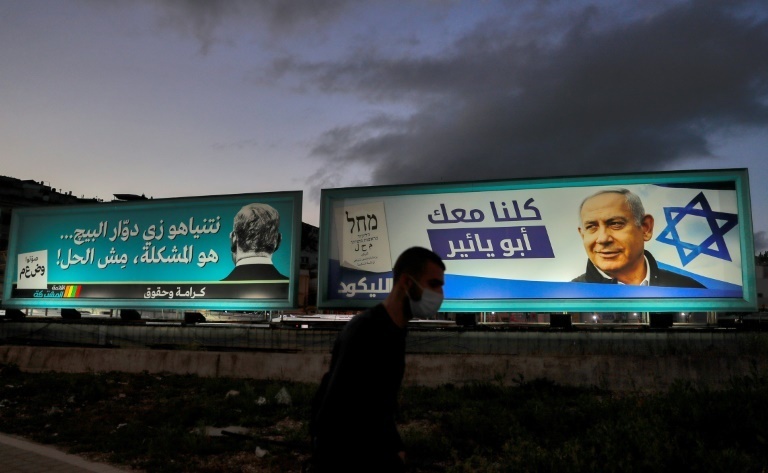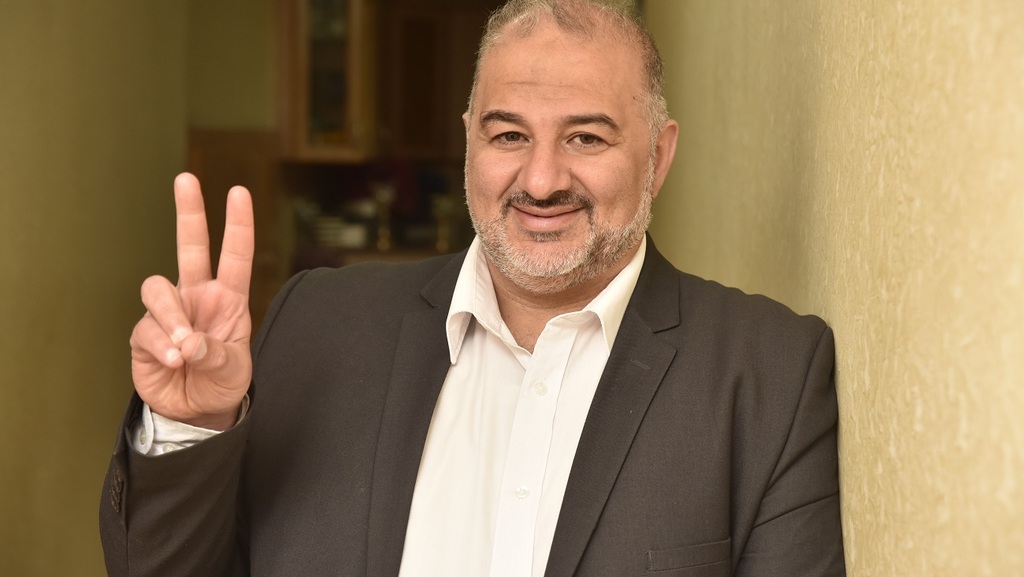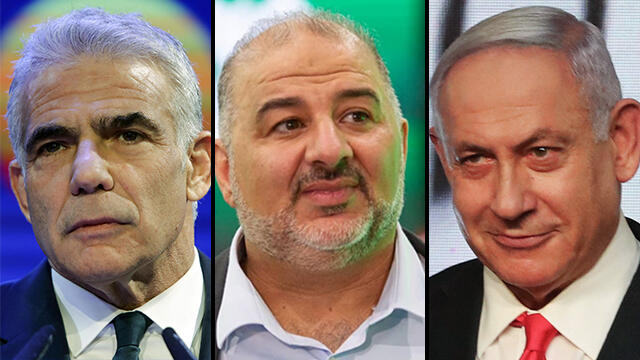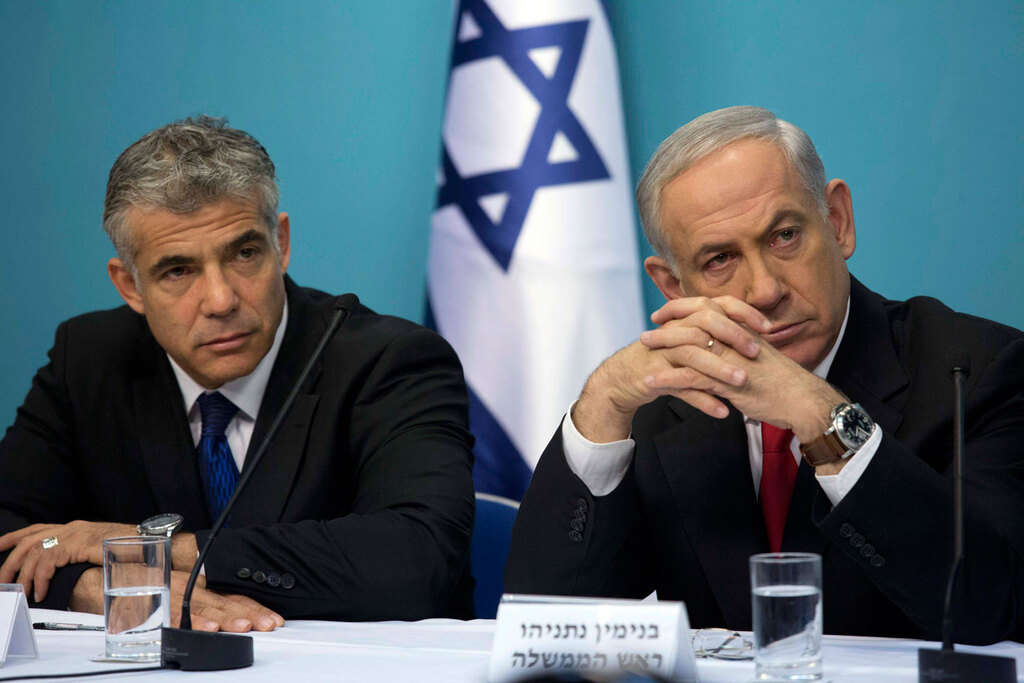Getting your Trinity Audio player ready...
As Mansour Abbas, who heads Ra'am, prepares to make his first official statement since the elections, some in the Islamist Movement, which the Arab faction is part of, appear to be against a potential alliance with right-wing Prime Minister Benjamin Netanyahu.
The small Islamist party has emerged as an unlikely kingmaker following the March 23 vote as neither bloc has enough seats to form a coalition government.
Although Abbas has not ruled out joining Netanyahu-led coalition, senior members within the Islamist Movement said some officials want the chairman to either not name anyone or recommend a candidate from the center. Ra'am is the southern branch of the Islamist Movement.
"The complete picture is very unclear," said one official. "The majority cannot tell in which direction Ra'am is heading to, there is disagreement over recommending either [Prime Minister Benjamin] Netanyahu or Yesh Atid leader Yair Lapid, while others do not want the party to recommend anyone."
The official added that there has been some unrest within the organization over Abbas' position, mainly his overt support for Netanyahu, and there has been some infighting even before the election.
According to him, there were members who wanted to fully cooperate with the party's decisions and policies in order to maintain transparency and to avoid a situation where a decision is made that is not accaptable for everyone.
He added that Abbas' nominee must be someone who will respect the party's demands.
"There needs to be a clear plan and a professional and practical outline for combating crime and violence," officials said, adding that there must be a clear plan of action "and not just talks."
In addition, they also called for a revision to the Kaminitz Law, which promotes demolitions of illegal homes in the Arab communities, and Nation-State Law "to allow Arab citizens to gain all of their rights, without any discrimination."
4 View gallery


Election campaign billboards for Joint List (L) and for Likud's leader Prime Minister Benjamin Netanyahu
(Photo: AFP)
Ra'am has since the elections maintained its media silence, refusing to answer questions about reports that the party is holding talks on a formation of a government.
It is yet unclear whether Abbas' speech will talk about Ra'am's recommendation to President Reuven Rivlin.
"He would not say in the speech who Ra'am is going to recommend for prime minister, the situation is complicated and it is not easy to make decisions," said a senior Islamic Movement member.
"I think that Abbas will appeal to the Jewish citizens, say that we can live together and bolster our relations. He will talk about the importance of fighting for the good of citizens anywhere. He will talk about the election, but I do not think he will expose the contents of the talks he held with the bigger parties or what is going on behind closed doors."
The official added that there is no overall agreement within the organization on who they will recommend.
"There is a lot of confusion," he said. "From what I understand, there might be an approach towards Netanyahu if he agrees to all the conditions. It is not final. We will know in the coming days after a final meeting on the matter takes place. I personally support Lapid because we all know the damage Netanyahu caused to the Arab population."
Another senior member said that "in my opinion, we should not recommend anyone, not Netanyahu or Lapid."
"There are other activists in the movement who are opposed," he said. "What if we recommend someone and then there is an attack in Gaza or something happens to Al-Aqsa Mosque, what will Ra'am do then? Stay in the government? That is why if there is a nomination, it would not last in the long term. There are issues too sensitive to be ignored."




